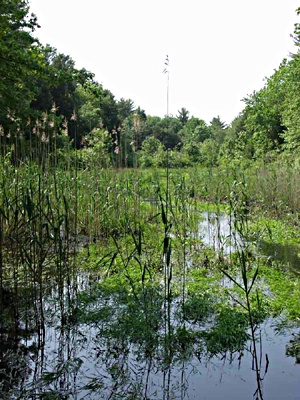All Nonfiction
- Bullying
- Books
- Academic
- Author Interviews
- Celebrity interviews
- College Articles
- College Essays
- Educator of the Year
- Heroes
- Interviews
- Memoir
- Personal Experience
- Sports
- Travel & Culture
All Opinions
- Bullying
- Current Events / Politics
- Discrimination
- Drugs / Alcohol / Smoking
- Entertainment / Celebrities
- Environment
- Love / Relationships
- Movies / Music / TV
- Pop Culture / Trends
- School / College
- Social Issues / Civics
- Spirituality / Religion
- Sports / Hobbies
All Hot Topics
- Bullying
- Community Service
- Environment
- Health
- Letters to the Editor
- Pride & Prejudice
- What Matters
- Back
Summer Guide
- Program Links
- Program Reviews
- Back
College Guide
- College Links
- College Reviews
- College Essays
- College Articles
- Back
Hazardous Waste
We live at a day in age where unfinished bananas and half-emptied cartons of milk or chinese leftovers are thrown away. They are swallowed by the garbage can and that is the last we think of it. However, our waste doesn’t simply disappear. More often than not, waste ends up in landfills where they are exposed to rain and other environmental conditions that generate harmful runoff and leachate. This is the liquid that drains from landfills. Carbonaceous material is decomposed and mixed with methane, carbon dioxide, organic acids, aldehydes, alcohols, and simple sugars spelling a recipe for disaster. The heavy metals and pathogens in the leachate can pollute groundwater making drinking water a safety hazard. Crops and vegetation would suffer as well as many other living organism that rely on water to survive. Additionally, fires, explosions, air pollution, and global warming could occur because of leachate. In Kentucky, landfills can cost half a million to a million dollars. There is a NIMBY (not in my backyard) attitude towards landfills because people do not want to live near a landfills. It is unattractive and decreases the value of businesses or homes in close vicinity. As a result, landfills are often far away and transportation is costly. To add on, Professor Rathje from the University of Arizona uncover a headline and find that newspapers 40 years old have headlines that could still be read emphasizing the idea that minimal decomposition has occurred. Landfills are a highly inefficient method of storing waste. According to Minnesota Office of Environmental Assistance, 72% of waste that is being stored in landfills or incineration can be recycled or composted. By being mindful and simplify separating our waste into appropriate places, less trash will make a home in landfills. Additionally, it is of utmost important that we boycott plastic water bottles. Reusable water bottles are more stylish and environmentally friendly than the million plastic bottles that make their way to landfills and the oceans. In essence, reducing the amount of waste we produce will minimize the damage done. Future generations and the Earth do not deserve to drown in filth that could have been reduced by a few extra minutes of mindfulness and consideration for the environment.

Similar Articles
JOIN THE DISCUSSION
This article has 0 comments.
